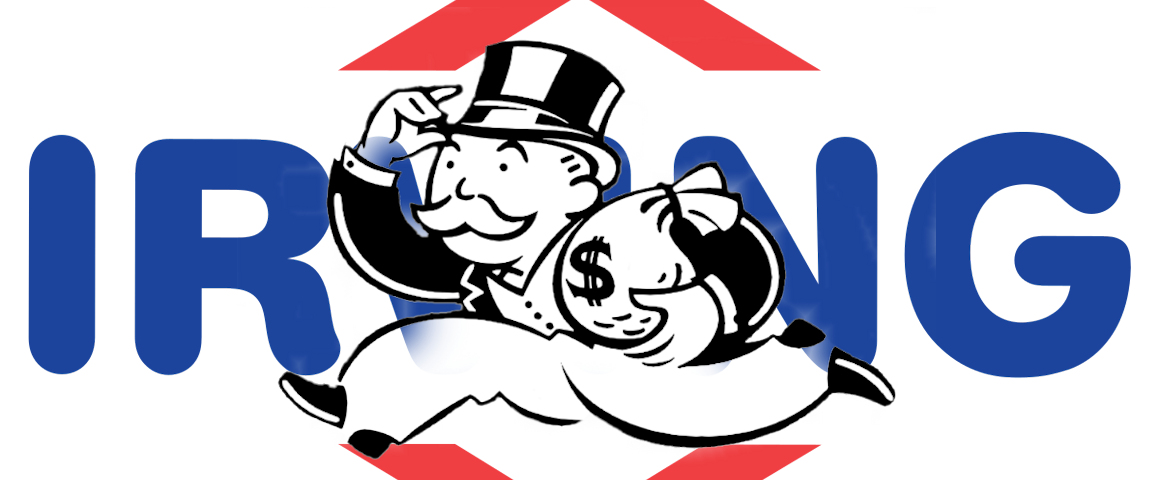Editorial
The richest family in New Brunswick just doesn’t feel quite rich enough. And it is prepared to hold the province’s most vulnerable people hostage as it pressures the government to guarantee higher “pandemic profits.”
The Irving Oil corporation, privately owned and controlled by the Irving family, operates the largest oil refinery in Canada. In early January, the company asked the New Brunswick Energy and Utilities Board (NBEUB) to approve a 10 percent increase in its wholesale margins for motor fuels and furnace oil. Irving is vertically integrated and operates an extensive retail and distribution network for its refined oil; this ensures that profit is compounded and retained. The proposed increase would cost consumers an additional $60 million.
Irving claims the increase is necessary to offset reduced demand for gas – particularly jet fuel – during the pandemic. Since Irving is a privately held corporation, its financial reports are not publicly available and the impact of COVID on its operations cannot be verified. However, according to Bloomberg, the personal fortune of family head Arthur Irving (one of the ten richest individuals in Canada) has more than doubled to $7.6 billion since the beginning of the COVID pandemic in March 2020.
The corporation has a long history of using “company town” pressure tactics in an effort to control New Brunswick politics. In this instance, it has threatened to cut off its supply of heating oil to the province if the NBEUB does not approve the price increase.
New Brunswick banned corporate donations to political parties in 2018, but members of the Irving family immediately used personal donations to match the company’s former contributions to the provincial Conservatives and Liberals and increase them by about 50 percent. Just one day after Irving filed its request for a price increase, Natural Resources Minister Mike Holland sent a letter to the NBEUB, urging the board to quickly approve the application.
The Common Front for Social Justice New Brunswick (FCJSNB) is mobilizing opposition to the increase. It warns that “home heating is a necessity in New Brunswick, especially in the winter. This extreme price hike would have a dire impact on low-income workers, people on fixed incomes and those living on social assistance, especially in the wake of the economic impacts of COVID-19 and the Higgs government’s austerity policies.”
The FCJSNB notes that people on social assistance in New Brunswick live “well below the poverty line, as do many citizens on fixed income, and many low-wage workers.” Single parents and couples on social assistance have received no increases in the past ten years, and single recipients have received just a 3 percent increase over that period. “The richest family in the province threatening citizens and the government with cutting off an essential resource if their demands to extract more profit are not met is nothing short of an attempt at extortion.”
The organization is calling on the provincial government to reject any increase in prices and to enact policies to control the price of home heating and to secure an adequate supply of heating oil, with serious penalties for extortionary practices. It is also calling for a wealth tax, immediate increase in social assistance and fixed incomes to above the poverty line, and programs to promote affordable sustainable and community-based home heating solutions.
The fight against price gouging in the heating oil industry is connected to the broader struggle for economic, social and environmental stewardship of the energy industry. This publication has long championed policies for such stewardship, including during the last federal election, with an understanding that they require comprehensive and decisive government intervention in the economy. In particular, this means that energy resources and industries must be placed under public ownership and control. We could start with Irving.
[hr gap=”10″]
Get People’s Voice delivered to your door or inbox!
If you found this article useful, please consider subscribing to People’s Voice.
We are 100% reader-supported, with no corporate or government funding.




